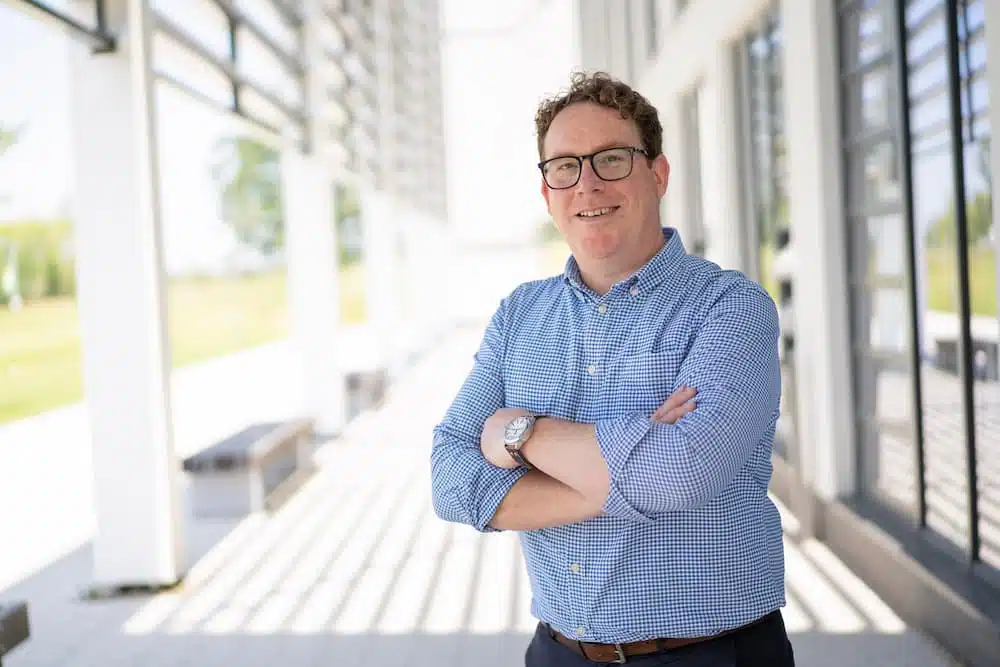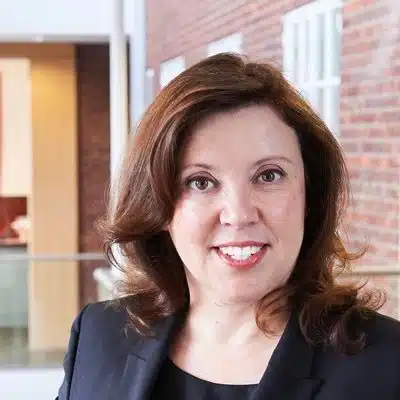The children’s commissioner for England has said that she is “simply not satisfied” that enough is being done to keep children safe online.
Dame Rachel de Souza’s comments were made after it emerged in an inquest into Molly Russell’s death that unsafe online content contributed "in a more than minimal way" to her death after she took her own life.
“Girls as young as 9 told my team about strategies they employ when strangers ask for their home address online. In a room of 15 and 16-year-olds, three quarters had been sent a video of a beheading,” said Rachel de Souza.
“I conducted a nationally representative survey of 2,005 children and their parents to understand families’ perspectives on online safety. My survey found that children are frequently exposed to a wide range of inappropriate and harmful content online, included sexualised and violent imagery, anonymous trolling, and material promoting suicide, self-harm and eating disorders.”
“Children tell me that they rarely seek out this content. It is promoted and offered up to them by highly complex recommendation algorithms, which are designed to capture and retain their attention. When harmful content is reported to platforms, children tell me that little is done in response,” the children’s commissioner added.
She went on to slam tech companies for “failing” with regards to self-regulation.
- Key findings of the survey were:Social media is an integral part of children’s lives with 65% of 8-12-year olds use a social media platform and 91% of 13-18-year-olds doing so.
- Underage use of social media platforms is widespread. Across seven platforms surveyed, between 36%-79% of users aged 8-17 are under the minimum age in the terms of service.
- Parents are concerned about the content children can access online. 67% of parents are concerned about the nature of content their children are exposed to online.
- Children are exposed to harmful content online. 45% of children aged 8-17 have seen content they felt was inappropriate or made them worried or upset.
- Children with Free School Meal status were more likely to see every type of harmful content online. This includes sexualised and violent imagery, anonymous trolling, and content promoting self-harm, suicide or diet restriction.
- Many children do not report harmful content they have seen. 50% of children who saw harmful content reported it and 40% of children who didn’t report harmful content said they didn’t report because they felt there was no point in doing so.
- Platforms often do not respond to children’s reports of harmful content. Of children who did report harmful content to the platforms, 25% saw no action on their reports and 10% weren’t sure whether anything happened as a result of their report.
- Children and parents think that minimum ages should be enforced on social media.
“The rights and protections which exist in the offline world must, therefore, extend online. And we must hold tech firms to the highest standards on children’s safety and wellbeing. As the Online Safety Bill is shaped and formalised in Parliament, below I set out three key principles for the legislation, distilled from my conversations with children and industry. These are: children’s voice, recognition of childhood and a collaborative approach to online safety,” said Dame Rachel de Souza.

Sir Peter Wanless, CEO of the NSPCC, has also urged tech companies to be held to account for children’s online safety following the inquest of Molly Russell.
Senior coroner, Andrew Walker said material viewed by 14-year-old Molly Russell on social media "shouldn't have been available for a child to see".
Mr Walker told North London Coroner's Court: "She died from an act of self-harm while suffering from depression and the negative effects of online content."
Sir Peter Wanless said: “Finally Molly’s family have the answers they deserve thanks to their determination to see Meta and Pinterest questioned under oath about the part they played in their daughter and sister’s tragic death.
“The ruling will send shockwaves through Silicon Valley – tech companies must expect to be held to account when they put the safety of children second to commercial decisions. The magnitude of this moment for children everywhere cannot be understated.
“Molly’s family will forever pay the price of Meta and Pinterest’s abject failure to protect her from content no child should see, but the Online Safety Bill is a once in a generation opportunity to reverse this imbalance between families and Big Tech.
“This must be a turning point and further delay or watering down of the legislation that addresses preventable abuse of our children would be inconceivable to parents across the UK,” he concluded.

Dave Wareham, Head of Services at WillisPalmer, said: “Undoubtedly, the online world can have a huge impact on young people. We know that young people are groomed through various platforms, often young people ‘learn’ their sex education through viewing online pornography which is terrifying and dangerous and online bullying is rife meaning that bullying is present 24/7 rather than stopping at the school gates as occurred years ago.”
“On top of that there is vile, indoctrinating, discriminatory content online which can have a huge detrimental effect on young people.”
“Everyone needs to be part of the solution from parents using parental controls online to the government ensuring that children online are safe through the Online Safety Bill to tech companies ensuring that safety measures are properly implemented so that inappropriate content can be reported safe in the knowledge that it will be immediately removed.”
“Rather than utilising algorithms to their benefit, tech companies need to use them to ensure children’s safety is a priority,” concluded Dave.


